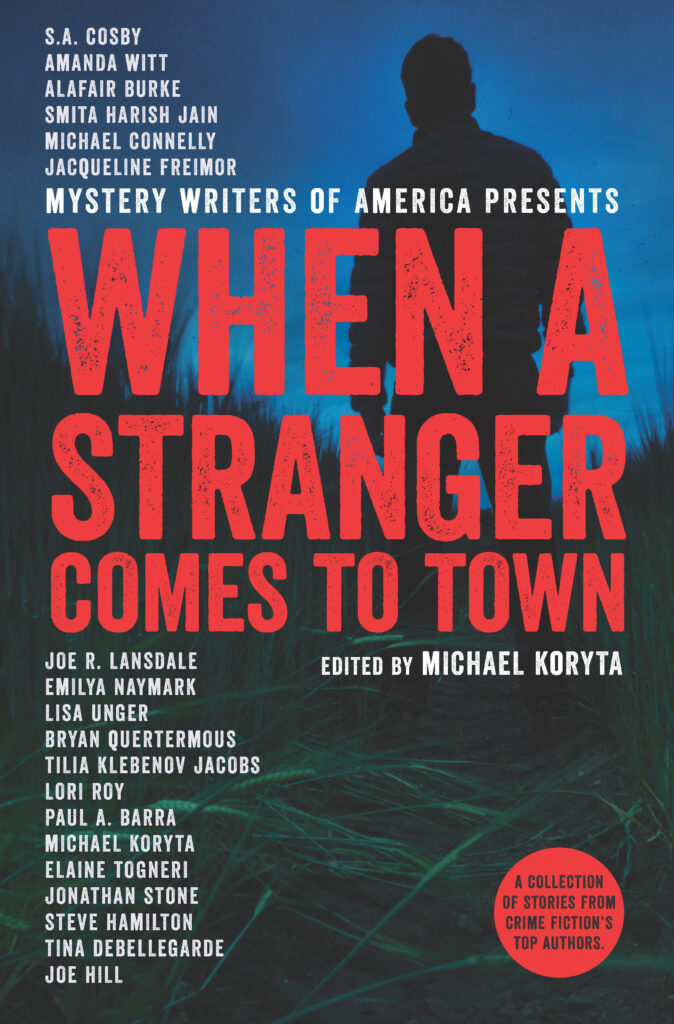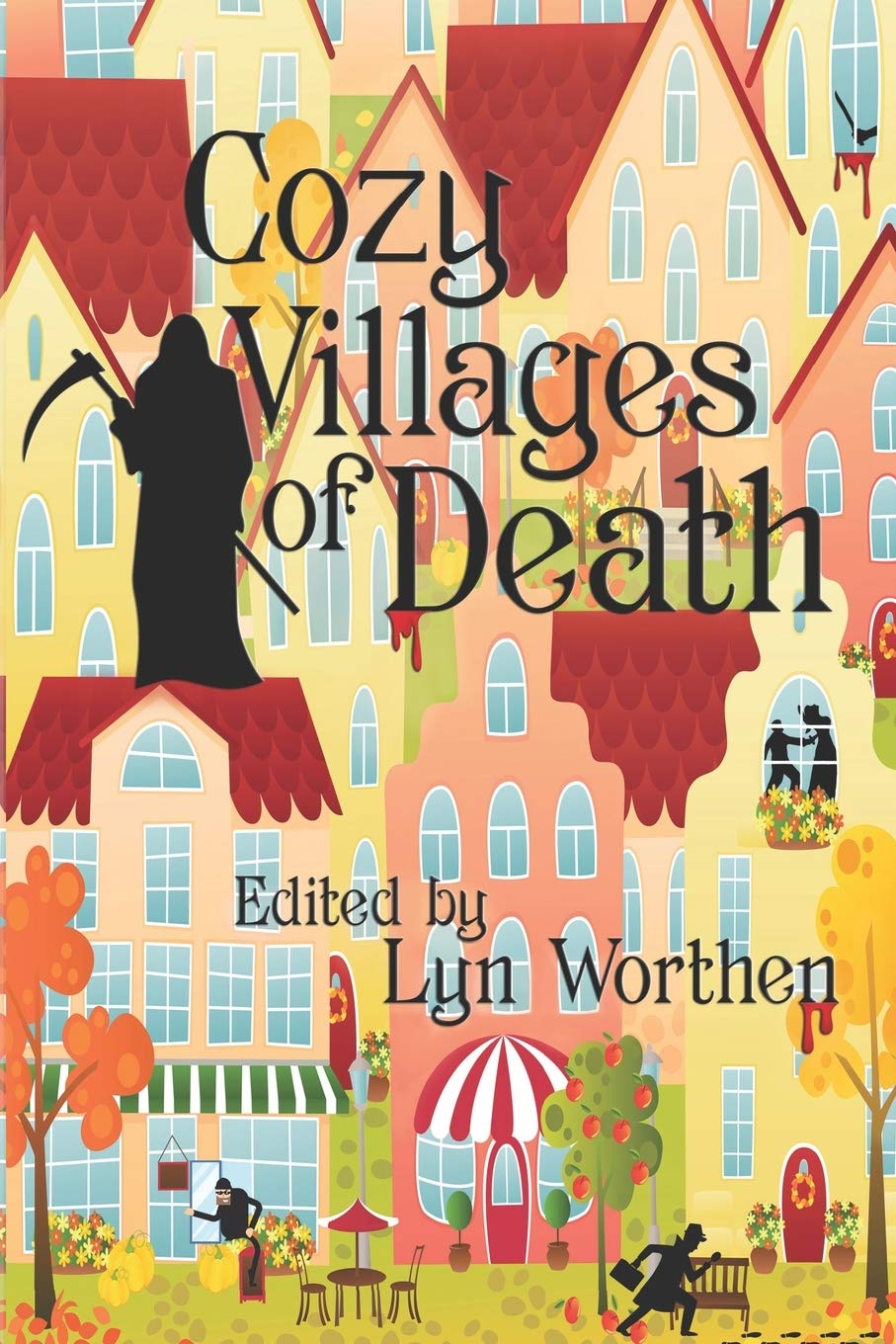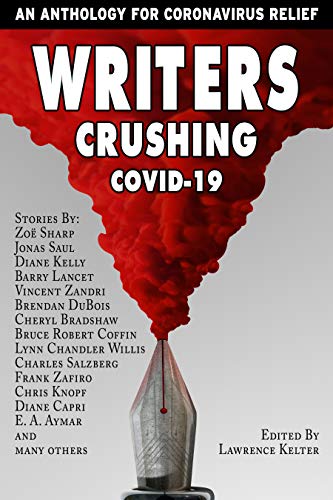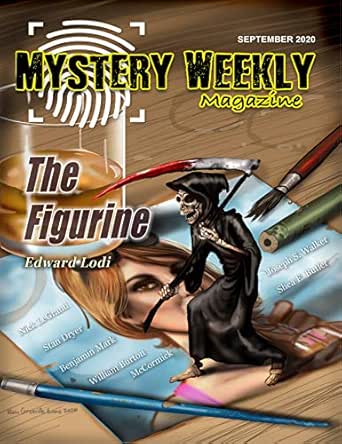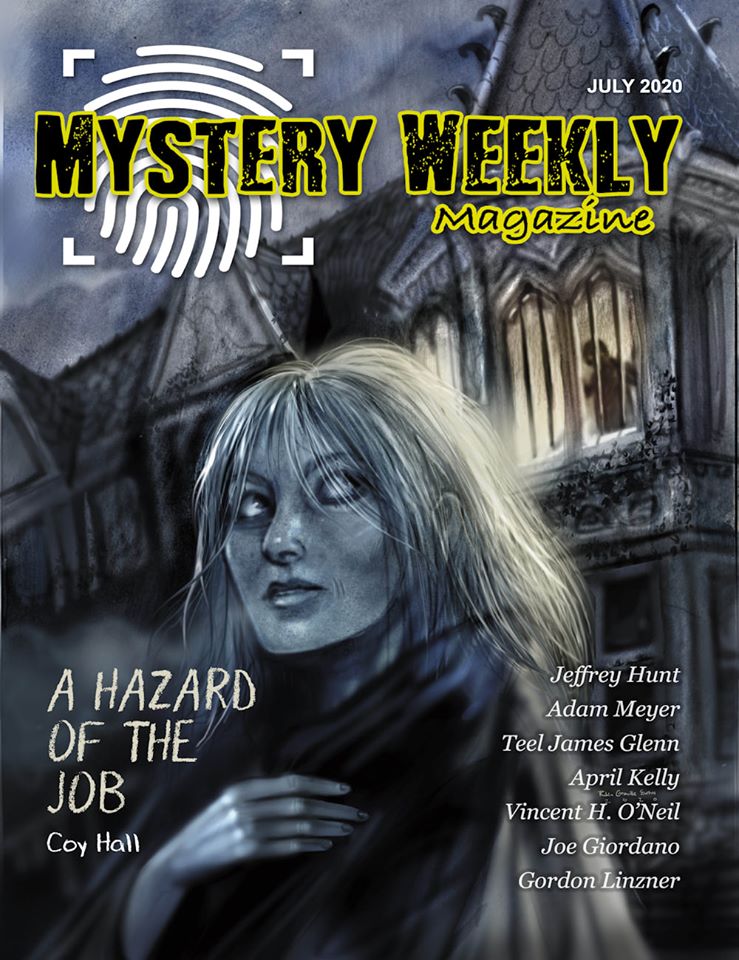"Terrible Ideas," by Gregory Fallis, in Ellery Queen Mystery Magazine, September/October 2020.It's unusual, I think for a private eye story to travel, third-person, through the heads of more than one character. But this one does and it works.
Clayton Ellicott is the first viewpoint character. He is the only fulltime lawyer for Midwest Center for Artists' Rights and most of his work is pretty boring: copyright, contacts, and so on.
The exception is Triscuit, a petty thief who discovers a talent for photography after stealing an expensive camera. It isn't the theft that gets him in trouble, though. That would be a day he spent in the park taking pictures, some of them in the vicinity of small children. Parents didn't like that. When the police were called and saw that he was "a six-foot-two bearded man of mixed race" they didn't like it either.
Triscuit knew how to behave around hostile cops, but now he was an artist and they were demanding to see his camera. He did not react well to that, which is how Ellicott the lawyer got involved.
Things escalate when a teenager girl goes missing from that same park. Triscuit gets arrested and our lawyer calls in Hockney, a private eye.
It helped that [Hockney] looked younger than she really was; it helped that she was attractive without being pretty. it helped that she was slender and lissome and not at all threatening.
It all helped her to be a more effective detective. But she resented it. She resented that people -- women included -- took one look at her and immediately, automatically underestimated her...
And here she is talking to Triscuit, who is in jail:
There's a sixteen-year-old white girl missing and the police think you had something to do with it. Jesus couldn't get you out of here tonight.
A satisfying story with a surprising (but not twist) ending.



